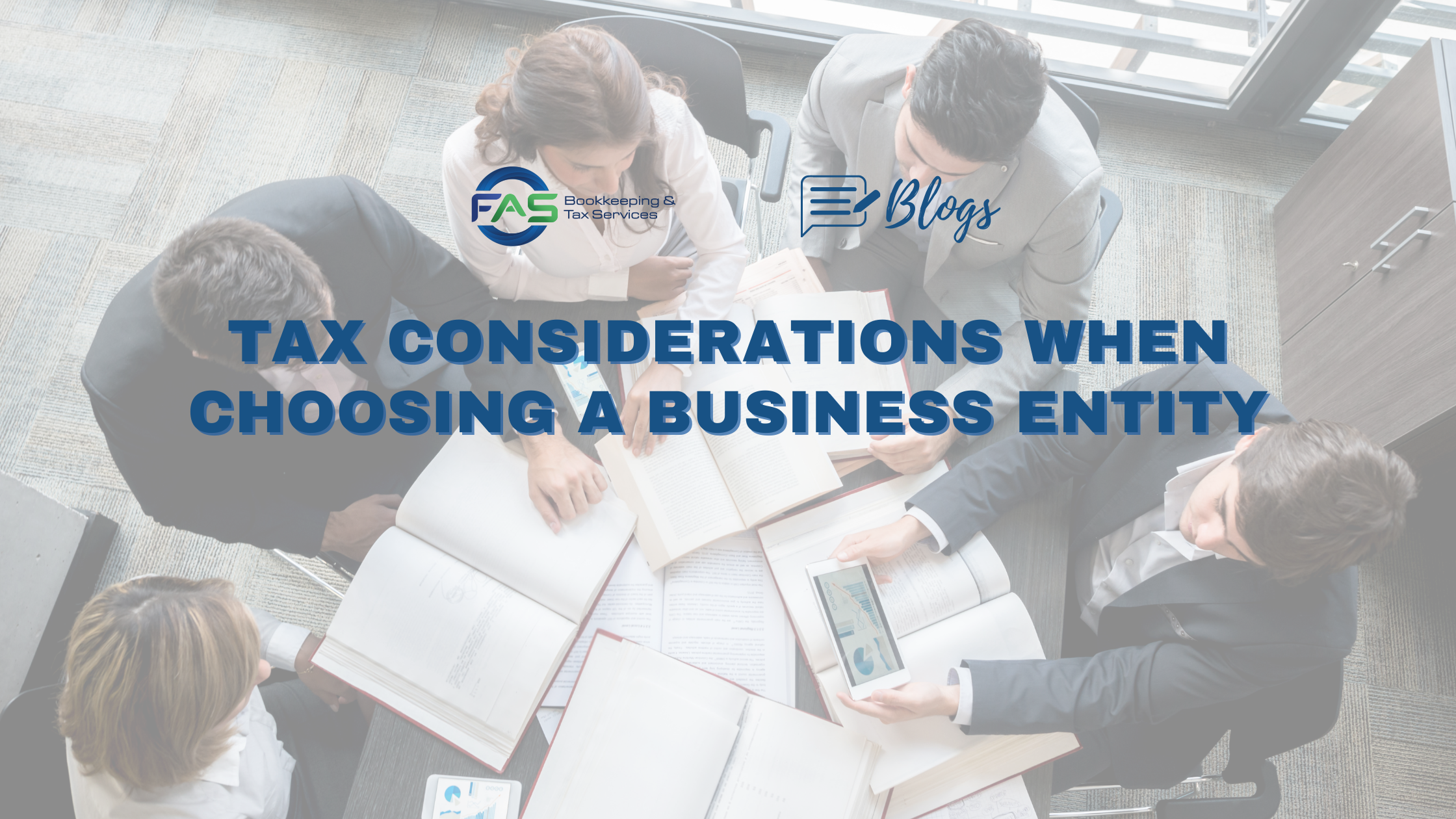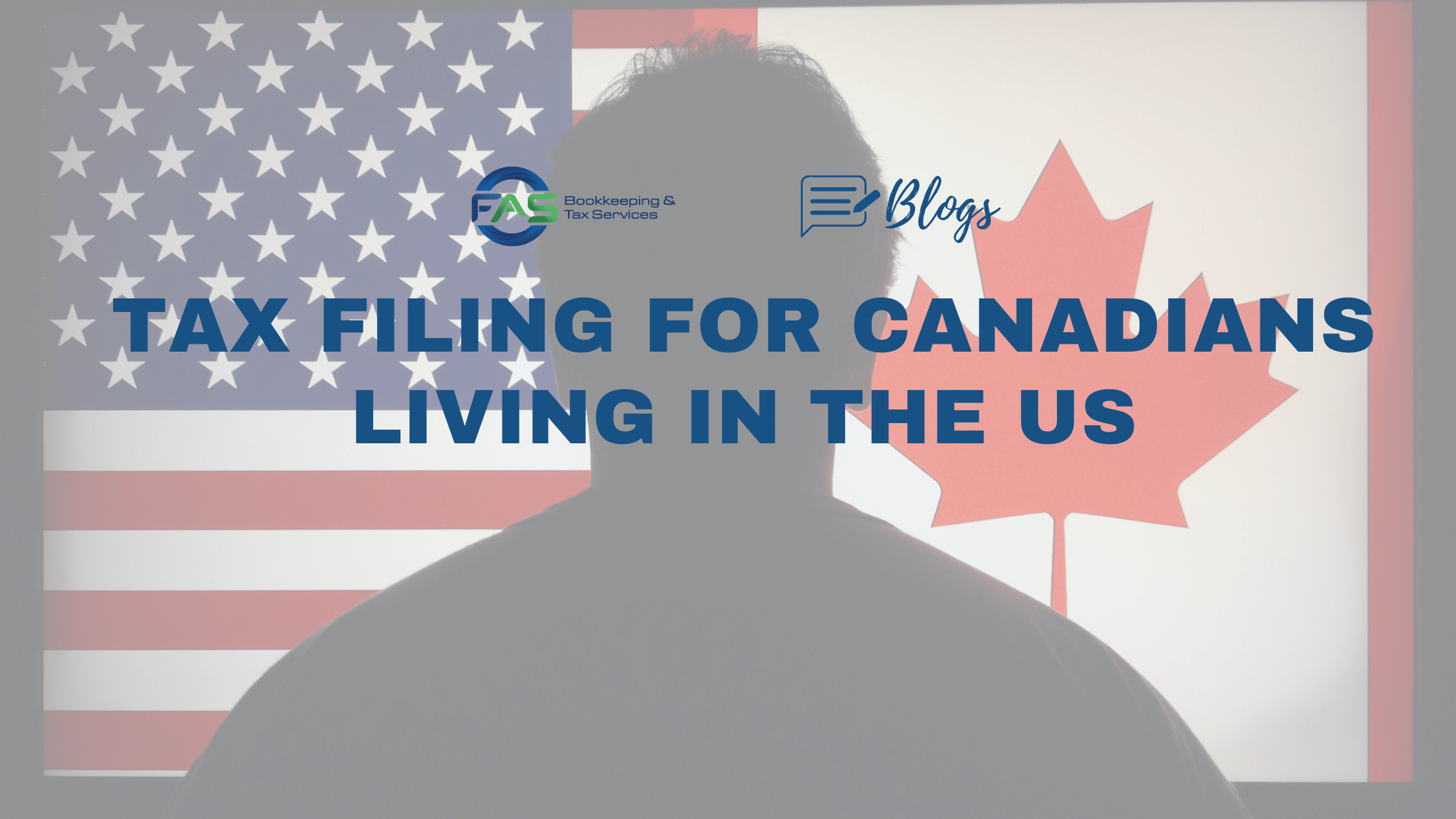Tax Filing for Canadians living in the US
If you are a Canadian who lives and works in the US, you may find yourself subject to the ever-complicated US taxation system. The US tax system is already complicated for American citizens who have had years navigating their own tax laws, how much more complicated can it be to a novice, like a Canadian who just moved from the great white north to their star-spangled neighbor.
Well, don’t let it discourage you from ever moving! We’ve compiled a list and summarized the most commonly used IRS (Internal Revenue Service) Forms to help Canadians living in the US with their tax filing.
If you make more than the minimum income filing threshold, you’ll need to file IRS Form 1040 or 1040NR. The bulk of your annual US income tax filings will be comprised of additional forms and/or schedules.
You may have heard that the IRS taxes are based on a progressive rate structure, meaning that higher earners pay a higher percentage tax rate. This is true, but there are also other rules and considerations that can impact how much you owe in taxes.
For example, if you’re married and filing jointly with your spouse, there’s an additional step involved: You must fill out a separate form called IRS Form 8332—Marital Status Change, which allows you to elect whether or not to treat your combined income as “community property” rather than individually taxed incomes.
If you do not have an Individual Taxpayer Identification Number (“ITIN”) or Social Security Number (“SSN”), you would need to apply for an ITIN in order to file your US tax return. The IRS will not accept a return that is filed without a valid taxpayer identification number.
An ITIN is issued by the Internal Revenue Service (IRS) for non-resident aliens and foreign nationals who have federal tax reporting or filing requirements and cannot get a Social Security Number (SSN). An ITIN is also issued to dependents living abroad with an SSN whose sole income was earned by their U.S. citizen/resident parents or guardians, and those who have applied for but have not yet been approved for an SSN.
If you are filing taxes in the U.S., it is important that you know what your tax status is so that you can determine if you need an ITIN number before filing your return.
Tax Filing for Canadians working and living in the US
If you’re not a U.S. citizen or Green Card holder and do not meet the substantial presence test, you generally don’t pay taxes on the income you earn outside of the United States, so tax filing as a Canadian in the US is the least of your worries.. However, if you earn any U.S. source income or provide services in the United States, your tax exemption might be removed.
For example, if you are a nonresident alien who was present in the United States for 183 days or more in a calendar year and were engaged in a trade or business in the U.S., all of your income is subject to U.S. tax (unless it is exempt under an international tax treaty).
If you perform services in the United States for a Canadian employer, you may be exempt from US tax and corresponding US tax filing requirements, if:
- Your total compensation does not exceed $3,000 in an aggregate amount,
- You spent in no more than 90 days in the US,
- You were compensated by a Canadian employer that is not engaged in a trade or business within the United States.
The Canada-US income tax treaty contains more exemptions for individuals – residents of Canada – who meet the following requirements when performing services in the United States:
- Your US employment income does not exceed $10,000;
- You are present in the United States for less than 183 days in any 12-month period beginning or ending in the fiscal year concerned, and your remuneration is not paid by, or on behalf of, a person who is resident in the U.S and is not borne by a permanent establishment in the United States.
If you do not meet either of the above, you may need to file a US tax return and pay federal and state income taxes on your US-sourced wages. You can use the Canada-US income tax treaty provisions to reduce or eliminate double taxation.
Another scenario in which a Canadian may be required to file a US tax return is when she/he sells US real property and needs to file a US tax return to report the sale and claim any refund of over withheld US taxes.
The Canadian Revenue Agency has recently made it more difficult for Canadians to claim foreign tax credits for taxes paid in the United States. The CRA now requires you to provide proof of your ultimate tax liability in order to allow a foreign tax credit claimed on your Canadian tax return.
This means that if you have paid taxes in the U.S., you will need to file a U.S. tax return in order to show that you were paying taxes at the same rate as American citizens and permanent residents; otherwise, this will not be possible. This also applies if you are claiming a deduction for property taxes paid on your home or car: these deductions may not be allowed unless you have filed a U.S. tax return showing that those deductions were necessary for purposes of calculating your total income.
IRS Forms you may need to file as a Canadian in the US
IRS Form 1040 – US Federal Income Tax Return
The 1040 form is the standard federal income tax form used to report an individual’s gross income. It allows taxpayers to claim numerous expenses and tax credits, itemize deductions, and adjust income. 1040 is filed by US persons that include US citizens, Green card holders, or residents for US federal income tax purposes.
Form 8833 – Treaty Based Return Position Disclosure
If you are relying on the US-Canada tax treaty, you need to file Form 8833 if you want to be exempted from US tax or to minimize your applicable tax withholdings. Filing Form 8833 late can lead to hefty fines and penalties for you.
1040NR – US Nonresident Alien Income Tax Return
Nonresident aliens are not US citizens, have not passed the green card test or the substantial presence test, and must pay US tax on income earned in the United States. However, if their taxable income is less than the personal exemption amount, they may not be required to file a US return unless proper tax withholding did not take place or if provisions of a treaty between Canada and the United States apply.
Bottomline
Navigating US tax laws without the help of a professional Enrolled Agent to guide you can be risky at best. Making mistakes, even if it is an honest one can lead you to hot water with the IRS. The good news is that you can avoid all the risks by getting the help of a professional Enrolled Agent. Lucky for you, we have what you need! An Enrolled Agent with the right knowledge and experience to help you navigate the ever-changing and complex field of US taxation.





